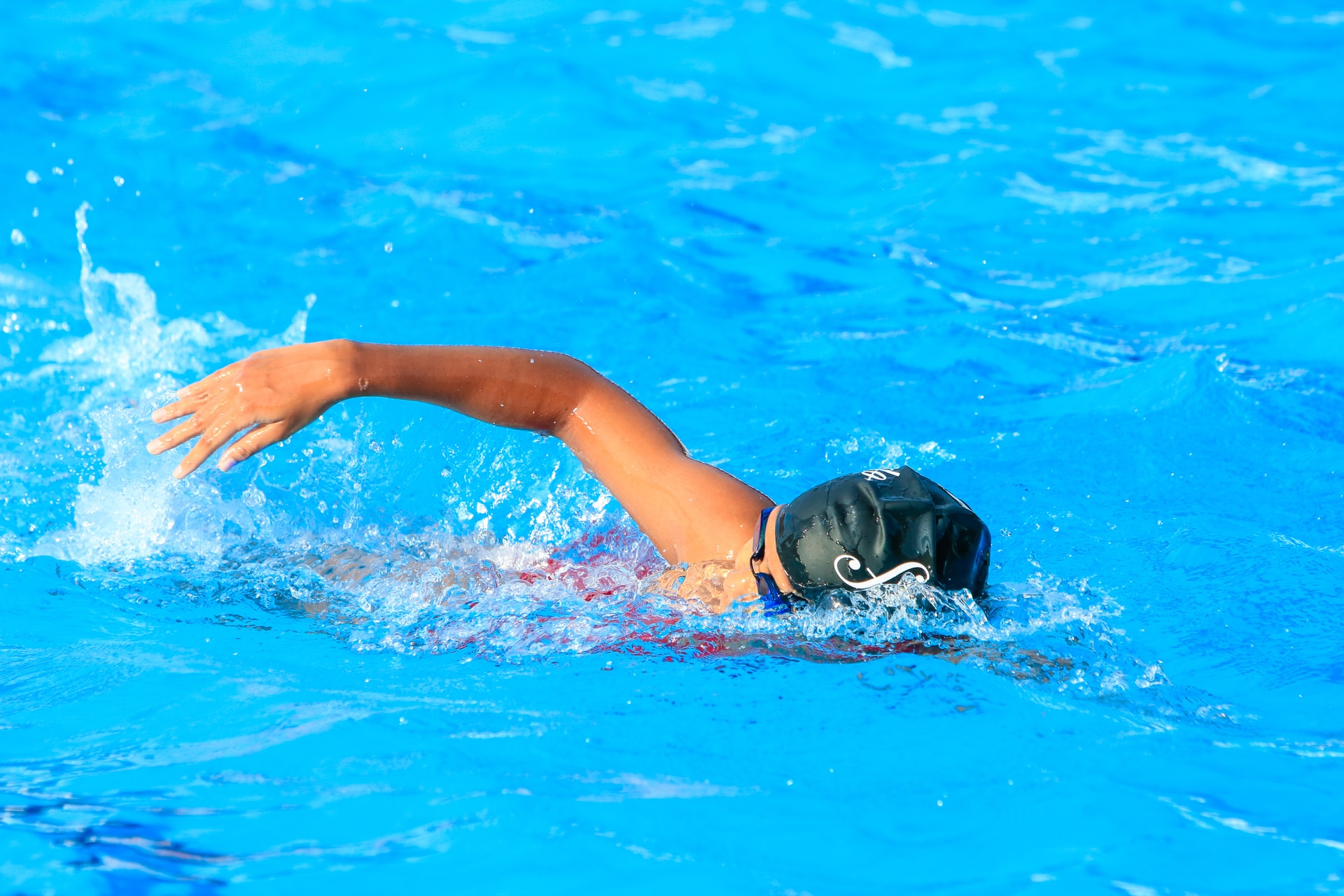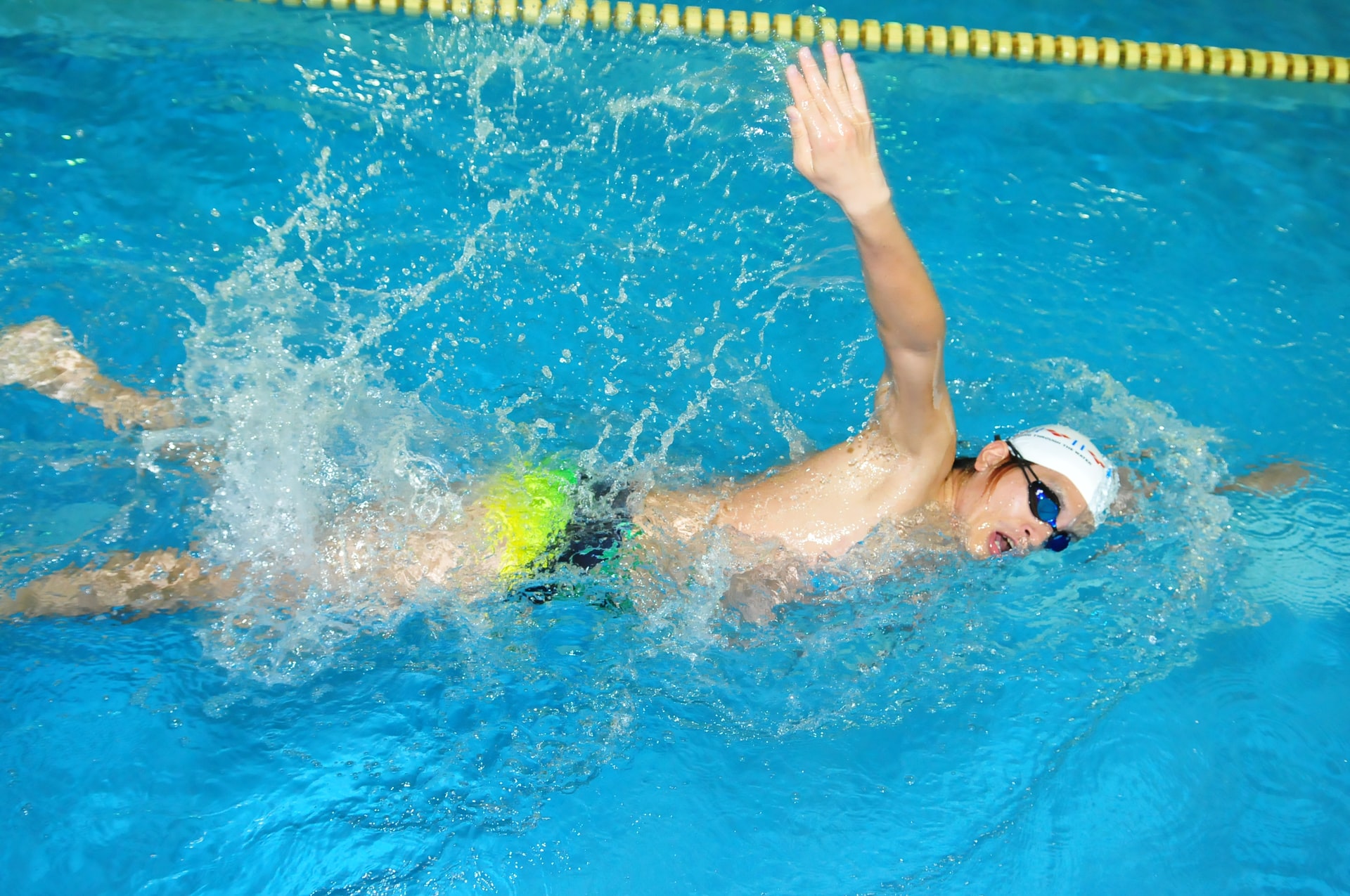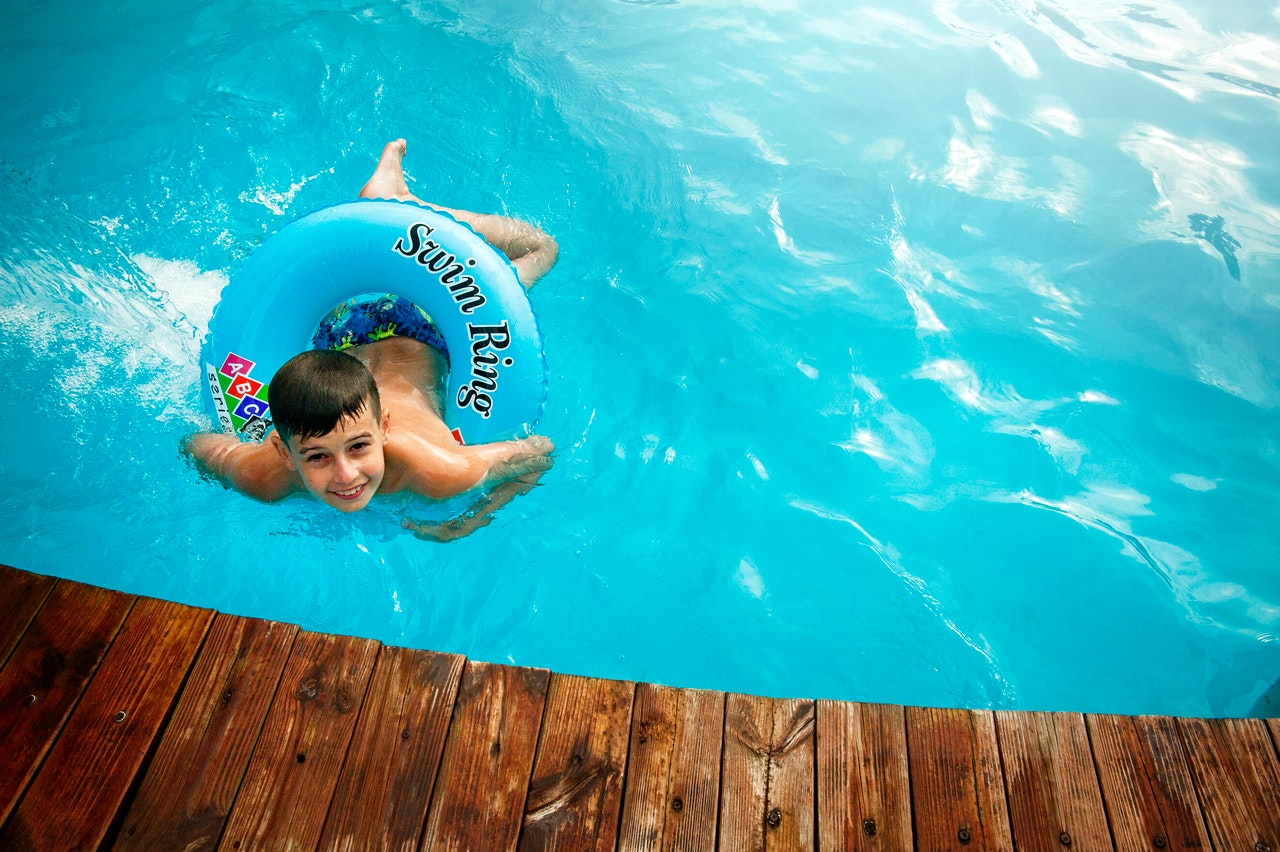While the best time to go swimming outdoors is still a few months away, indoor swimming is already well underway! Children should start learning to swim now so they are prepared for the future.
We at Little Otter have the honor of educating our pupils in this crucial life skill, and we are delighted when they beam with pride after learning even the most fundamental swimming techniques. We also enjoy hearing the cheers from parents as their kids achieve swimming milestones. These factors give us great confidence in the work we are doing here!
We need to see these 2 things take place since we are aware that they only occur when lessons are taught properly and when kids have access to the water outside of class.
Along with their newfound skills, these items aid in the development of a love and respect for the water in them.
Private swimming instructor lessons are a skill that needs work, encouragement from family, and practice.
Consider the following comparison:
Similar to receiving weekly 1 12 hour reading or math classes at school, Little Otter’s swim lessons last for that long. At this rate, just consider how long it would take your child to learn to read or do math. The speed and effectiveness with which your child learns to swim depends on your support and dedication to getting them in the water outside of swim lessons.
Some swimmers pick up abilities right away, while others need more practice and patience.
Diverse methods are used by swimmers to learn. While some people learn better through vocal teaching, others learn best through visual means.
We have observed how our own children learn, therefore we are aware of how difficult it may be to watch your children develop at various paces. Do not lose heart. You have some power over this because your assistance and encouragement outside of the weekly 30 minutes we spend with them can affect how quickly they learn.
 We have five suggestions we can share with you to help shorten the learning process for your child and have them enjoying water activities more quickly.
We have five suggestions we can share with you to help shorten the learning process for your child and have them enjoying water activities more quickly.
1. Attend.
Regular attendance in class is crucial. Since swimming lessons are a progression, this is the basis of progress. On top of previously mastered fundamental skills, more complex ones are constructed. This will not occur if regular attendance is not maintained.
Additionally, regular attendance helps the student and teacher stay on the same page and create quicker outcomes.
2. Rehearse, rehearse, rehearse.
This has to occur on a regular basis. How frequently? A youngster may learn to swim freely in any level of water with 100 to 150 hours of continuous, year-round instruction, according to several learn-to-swim studies.
This process is comparable to learning to read, write, and perform math. When practice time outside of class follows instruction time, children grow more quickly.
3. Create goals you can achieve.
Find out what your child who can swim hopes to get out of the classes. What swimming goals do they have? You might be shocked by what your kids say. They might just want to learn how to swim so they can enjoy themselves in the water, or they might look up to Michael Phelps and want to compete.
What a child wants to get out of swimming lessons will determine how long they should take.
How can you assist your youngster in making achievable swimming goals?
You can give them the following examples of swimming objectives:
To be able to swim without a life jacket or flotation devices in the water; to be able to swim in the deep end; to join a summer swim team; to be able to swim alone in the “big pool” this summer; to be able to swim in the ocean on our family trip
Additionally, your swimmer must keep in mind that his or her swimming objectives are entirely independent of any progress made by friends, siblings, or other family members.
4. No one ought to give up.
There should be no comparisons because every child learns at their own rate. There may be moments when it appears that your child’s learning development has stalled or reversed. Since this is typical, you can maintain your optimism and prevent your youngster from giving up. Your steadfast assistance is just as crucial as the regularity of their practices and classes.
Keep reminding them of your swim goals. You might even want to print them out and hang them up somewhere noticeable.
To maintain their attention on the FUN that learning to swim brings them and how crucial this ability is for their safety, share your own amusing swimming anecdotes with them as well as what this summer has in store.
 5. Constant swimming.
5. Constant swimming.
Swimming is a year-round activity that cannot be disregarded when discussing consistency. The greatest method to guarantee consistency of learning is to enroll your child in swimming lessons all year long. In other words, a youngster who enrolls in year-round swim lessons is much less likely to encounter learning gaps or plateaus where prior knowledge must be reviewed before progressing to the next level is conceivable. Rarely do seasonal students maintain their confidence in their swimming skills and any form of learning momentum.
Parenting a swimmer involves much more than just dropping them off at classes and keeping an eye on them. You are an essential part of their swimming investment and the development of this crucial life skill.
In addition, there are a few errors you should steer clear of while you support your child’s success in swimming classes.
• Don’t rely on drill videos seen online.
o The internet is a wealth of knowledge, but lectures and exercises shouldn’t be based on it.
• Pay attention to improper body mechanics.
o Comply with any directions given by your child’s teacher for correcting faulty mechanics.
• Avoid frightening your child.
o Don’t make your youngster practice safety drills or instill in them your own anxieties about the water.
• Avoid pressing too far too quickly.
o Be encouraging and helpful, but let your child move forward at his or her own speed.
• Recall your kicks.
o The arms and strokes receive a lot of attention, but the legs and learning kicks are the force behind them. A stroke serves no purpose if you are not making progress.
Little Otter Swim School offers high-quality swimming instruction in a welcoming setting taught by dedicated instructors. The kids are not only learning, but they are also developing a love and respect for the water. As an alternative to traditional swim classes, there is Little Otter Swim School. The school takes pride in offering small group instruction all year long in a cozy indoor swimming pool where parents can relax and monitor their kids’ development.
